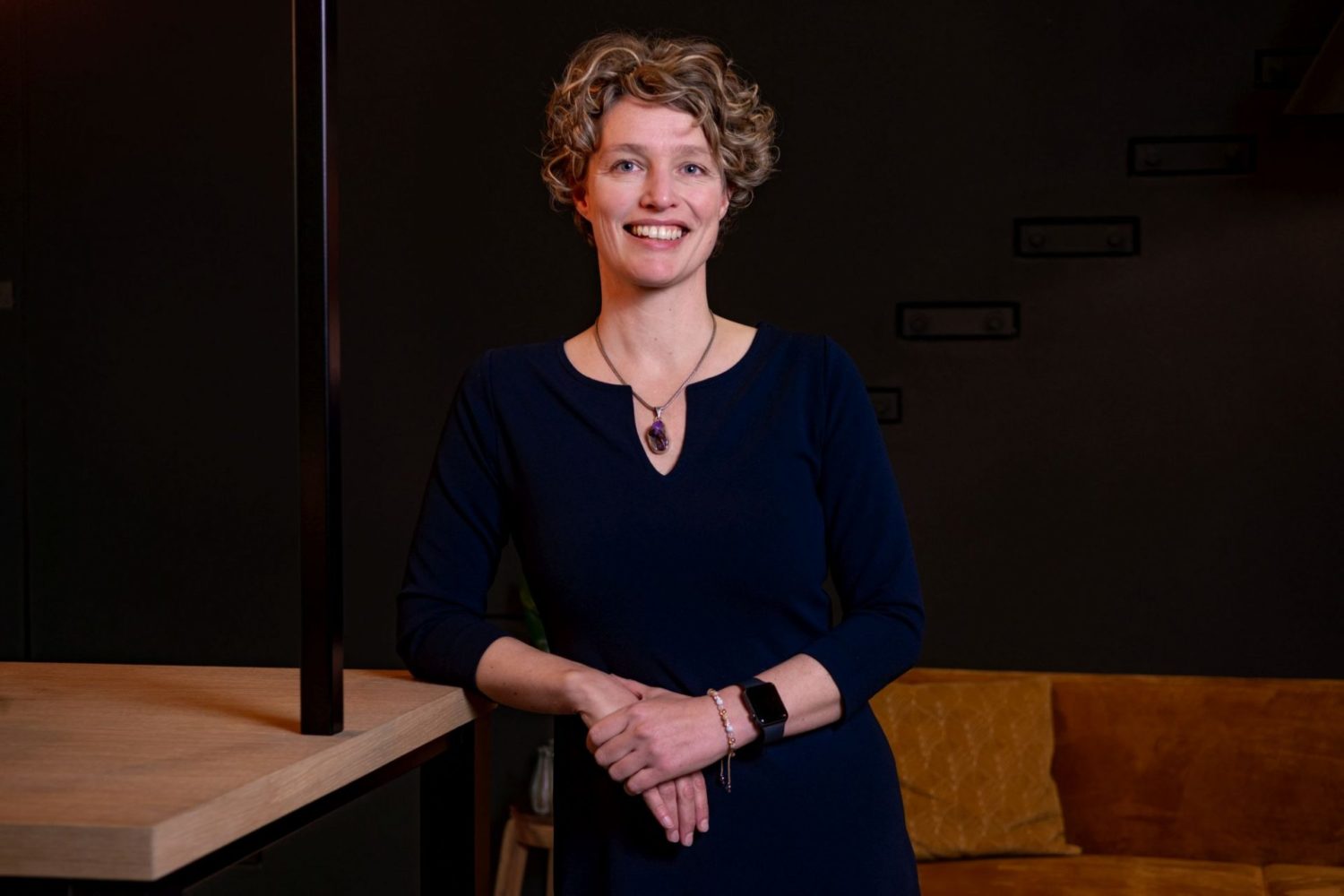In our pursuit of greater diversity and equal opportunity in business, we still have a long way to go. Despite numerous studies showing that mixed teams perform better, there is still too little focus on diversity. This is also true in the world of startups and funders. For example, over the past twelve years, some ninety percent of the growth money spent in the Netherlands has gone to startups with only men at the helm. Fundright wants to improve that situation, NOM wants to help increase equality of opportunity, not only among women, but also other groups that receive too little attention.
Women are too emotional, women are too honest, women are especially good at managing, women are afraid to fail. These seem like just a list of prejudices that (male) investors might have about women entrepreneurs. But this list comes from reality. Antje Meindersma felt and heard them.
The owner of IT agency Alledaags in Groningen notices that there is still a long way to go. If we want to narrow the gap, we really need a system change, she says. I sometimes call it the excel culture. In the end, it's only about one thing: profitability. So you have to show in a business plan with a focus on budget when and how much return can be gotten. That's a culture in which men thrive better than women anyway. You understand I'm generalizing for a moment to make a point.''
'You can also be too honest'
Antje Meindersma says that obtaining funding is often about coming across as strong, bluffing a bit, showing self-confidence, presenting positive figures. ,,I think women also like to talk about the risks, about their considerations and choices, about the whole picture. They are not afraid to show what could go wrong with the business. And that, I have since learned, is not always the best way to get investment money. An investment manager once told me during such a conversation, 'You can also be too honest.' So that's that.''
,,Look, women are good at a lot of things, but those are precisely not the skills investors ask for when they have to determine whether they want to put money into your company. In a nutshell, it's about hard numbers, exact estimates, expected returns. That is very important, don't get me wrong. But the way women fill out such a questionnaire is not to their advantage.''
How did she resolve this? ,,Quite honestly? By adapting to what is asked. I talk to a man about that. He understands better what is demanded. Now I understand better how it works and I tell other women entrepreneurs the same. In short: show balls, make a good budget, adapt to the excel reality. Of course, it would be wonderful if the difference in communication between men and women were taken into account in the business world. That will take some time, I think. It would be a great start if funders explained exactly what they expect from applicants. I find: when women talk with passion, they are highly engaged, show guts and commitment and know what they are talking about.''
Imprinted prejudices
That there is a world to be gained is undeniable. It is also a cultural thingy that needs more time to adapt than many would wish. Antje Meindersma: "The imprinted prejudices come at you from all sides, and we don't solve that in a year. We have centuries to bridge when it comes to the division of roles between men and women. I'm not activist at all mind you, this is just what I see. There is a reason why women entrepreneurs are more likely to ask each other for advice. The other way around, the prejudices are just as much there, of course.''
The old-fashioned male-female division still stings her sometimes. ,,Why are hardworking women always asked how they arrange it with their families and men never are? A financier once told me seriously: 'You don't have to build up a pension. You have your husband, right?' That may be a joke, but it's also a very deeply ingrained image that we don't just brush away.'
Still, it would be good to make an effort to change it. But how? ,,For starters, we need a lot more role models. When I look around me, I think: emancipation has failed. We women are allowed to work and vote, but most of the time we have to add child and household chores. There are far too few women entrepreneurs. This is due to a lot of things, but it would be good to do something about it, because we all know that diversity makes the whole ecosystem better.''
How? ,,I think we need to share more knowledge, that this issue should be on the agenda. That's why Fundright is good. To stick with investors, I think they have a job to do more proactively. They have enormous knowledge of the market and of organizations and could share much more knowledge in this. At an earlier stage. Think about being present on campus or sharing best cases. Less from a wait-and-see banker role watching over money, but more really growing together. Not just women, but also other groups that are underexposed. The more diverse, the better. That's good for everyone.''
#FundRight
TechLeap and 25 investment funds launched the movement Fundright in the summer of 2019. Their goal: to dramatically improve diversity within the startup ecosystem. Among other things, by looking more consciously at the gender distribution within the startups to which funding is provided. Meanwhile, all regional investment funds and lots of Venture Capitalists joined.
